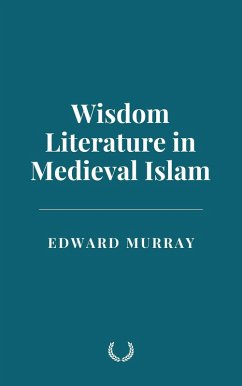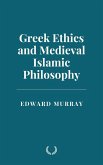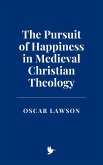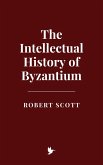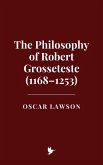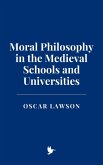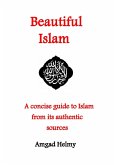Islamic wisdom literature did not emerge in isolation but was forged in a dynamic intercultural and intellectual crucible, particularly during the medieval period, when the Islamic world became a vibrant hub of knowledge exchange. The translation movement of the Abbasid era, centered in Baghdad's Bayt al-Hikmah (House of Wisdom), played a pivotal role in this development. Founded during the reign of Caliph Harun al-Rashid and flourishing under his son Al-Ma'mun in the 9th century CE, this institution facilitated the translation of Greek, Persian, and Indian texts into Arabic, introducing Islamic scholars to the philosophical works of Plato, Aristotle, and Plotinus, as well as Persian moral treatises such as the Khwaday Namag, an ancient chronicle filled with instructive tales about rulers and ethics. This influx of intellectual material enriched Islamic scholarship and inspired the creation of new works that synthesized Islamic theology with classical and Persian traditions.
Dieser Download kann aus rechtlichen Gründen nur mit Rechnungsadresse in A, B, CY, CZ, D, DK, EW, E, FIN, F, GR, H, IRL, I, LT, L, LR, M, NL, PL, P, R, S, SLO, SK ausgeliefert werden.

